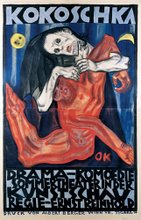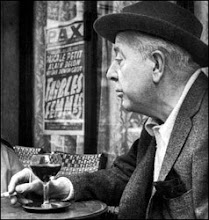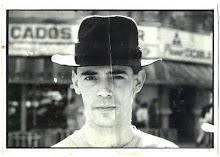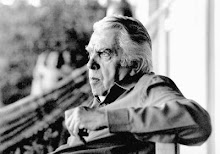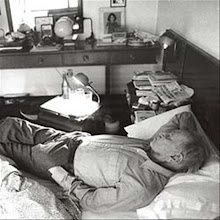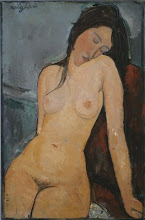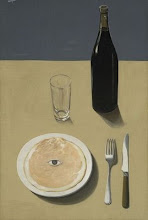The original illusio, which is constitutive of masculinity, is no doubt at the basis of the libido dominandi in all the specific forms it takes in the different fields. It is what causes men (as opposed to women) to be socially instituted and instructed in such a way that they let themselves be caught up, like children, in all the games that are socially assigned to them, of which the form par excellence is war.
Generic alienation is the basis of the specific privilege: it is because men are trained to recognize social games in which the stake is some form of domination and are designated very early, in particular by the rites of institution, as dominant, and thereby endowed with the libido dominandi, that they have the double-edged privilege of indulging in the games of domination.
Women are rarely so free of all dependence, if not on social games, at least on the men who play them, that they can carry disenchantment as far as this kind of somewhat condescending pity for the male illusio. Their whole upbringing prepares them rather to enter the game vicariously, that is, in a position that is both external and subordinate, and, like Mrs Ramsay, to grant masculine concern a kind of tender attention and confident comprehension, which also generate a profound security (a number of surveys have shown that women tend to measure their own success by that of their husband). Excluded from the games of power, they are prepared to take part in them through the men who are engaged in them. Differential socialization disposes men to love the games of power and women to love the men who play them, masculine charisma is partly the charm of power, the seduction that the possession of power exerts, as such, on bodies whose drives and desires are themselves politically socialized.
Masculine domination finds one of its strongest supports in the misrecognition which results from the application to the dominant of categories engendered in the very relationship of domination and which can lead to that extreme form of amor fati, love of the dominant and of his domination, a libido dominantis (desire for the dominant) which implies renunciation of personal exercise of libido dominandi (the desire to dominate).
The gaze of the powerful which carries authority, especially among other men
The dominant agent has the power to impose his own vision of himself as objective and collective (the limiting case being represented by equestrian statues or official portraits), to make other people abdicate their generic capacity to objectify, as in love or belief, and he thus constitutes himself as an absolute subject, with no exterior, fully justified in existing as he exists.
Pierre Bourdieu
1930 - 2002

![[...]](https://blogger.googleusercontent.com/img/b/R29vZ2xl/AVvXsEjeNC2Kyxd34r2LuofHe9-vdXHeHwG3_2NhVmIOTlK2moU0Q4R7taMlS8iMmQgEl1-NdaRsPrLdREzfQZYKfUgjslwLZUZe67dAfFBREu-YRx6WGX-vAUt5eJT4_-lFwT4dGzGCQQ/s220/11798115_858304687558226_1857652538_n.jpg)
